National Current Affairs Switch to Hindi
First Indigenous Cadet Training Ship ‘Krishna’ Launched in Chennai
Why in News?
The Indian Navy launched its first indigenously designed and built Cadet Training Ship (CTS) ‘Krishna’ at the L&T Shipyard in Kattupalli, Chennai in February 2026.
Key Points:
- First Indigenous CTS: ‘Krishna’ is the first of three Cadet Training Ships being constructed by Larsen & Toubro (L&T) for the Indian Navy under a contract signed with the Ministry of Defence.
- Krishna’ is a fully equipped sail training and motorised vessel capable of accommodating 150 cadets and officers for training purposes.
- The ship is named after the Krishna River, one of India’s longest rivers.
- Launch Ceremony: The Cadet Training Ship was launched by Anupama Chauhan, the spouse of Chief of Defence Staff (CDS) General Anil Chauhan.
- Strategic Importance: Enhances India’s blue-water naval capabilities by producing well-trained officers familiar with modern naval operations and life at sea.
- The ship features modern navigation, communication, and safety systems, providing cadets hands-on experience with state-of-the-art maritime technology.
- Design and Build: The vessel has been indigenously designed and built and is expected to be delivered to the Indian Navy by the end of 2026.
- Aatmanirbhar Bharat: The project reinforces the Make in India and Aatmanirbhar Bharat initiative by promoting indigenous defence shipbuilding capabilities.
| Read More: Krishna River, Make in India, Atmanirbhar Bharat |
National Current Affairs Switch to Hindi
European Union Opens First ‘Legal Gateway’ Office in India
Why in News?
The European Union (EU) inaugurated its first European Legal Gateway Office in New Delhi, marking a significant step in facilitating legal and transparent mobility for Indian students, researchers, and professionals—especially in the information and communication technology (ICT) sector—between India and EU Member States.
Key Points:
- First‑of‑Its‑Kind Office: The European Legal Gateway Office in India is the first such facility opened by the EU in a partner country.
- It serves as a one‑stop hub to provide clear, reliable information on legal mobility pathways for work, study, and research opportunities across all 27 EU Member States.
- Focus: The initiative aims to support Indian ICT students, professionals, and researchers by guiding them on eligibility criteria, skill and qualification requirements, and opportunities available across the EU.
- This is part of broader cooperation under the EU‑India Strategic Agenda adopted at the 16th EU–India Summit.
- Operational Structure: The Legal Gateway Office will function through three interconnected components:
- A Gateway Office in India
- A Support Office in the EU
- A digital tool acting as a central information hub on mobility and visa pathways.
- Strategic Significance: The initiative is expected to deepen India–EU cooperation on migration and mobility, strengthen ties in education and employment, and create mutually beneficial opportunities for both regions’ talent and economies.
- Economic & Skills: The office reflects recognition of India’s large and skilled workforce—particularly in digital, scientific, and emerging technologies—and its contribution to global talent pools, while supporting EU employers and institutions to engage with Indian talent.
| Read More: European Union, Information and Communication Technology (ICT) |
National Current Affairs Switch to Hindi
Kerala Declares Tidal Flooding a ‘State-Specific Disaster’
Why in News?
In a pioneering move for climate-sensitive policy, the Kerala government recently declared tidal flooding (sea incursion during high tides) as a State-Specific Disaster.
Key Points:
- Tidal Flooding Definition: Also known as 'Sunny Day Flooding' or 'Nuisance Flooding,' it occurs when sea levels rise above the local threshold during high tides, even in the absence of storms or heavy rainfall.
- The Kerala Context: In districts like Ernakulam (Kochi), Alappuzha, and Thrissur, seawater enters homes and shops twice a day through the backwaters and drainage systems, leading to chronic waterlogging.
- Why the "Disaster" Tag?: Historically, disaster relief was reserved for "sudden-onset" events like cyclones or landslides. Kerala’s shift is based on several critical factors:
- Frequency and Intensity: Due to Climate Change and Sea Level Rise (SLR), high tides are reaching further inland.
- What was once a minor inconvenience is now a daily threat to life and property.
- The "Slow-Onset" Crisis: Unlike a tsunami, tidal flooding is a slow-onset disaster. Over time, it destroys foundations of houses, ruins furniture, and renders agricultural land saline.
- Filling the Policy Gap: Under the Disaster Management Act, 2005, standard relief funds could not be used for "regular" tidal events.
- By declaring it state-specific, the government can now offer financial aid for house repairs and livelihood loss.
- Frequency and Intensity: Due to Climate Change and Sea Level Rise (SLR), high tides are reaching further inland.
- Significance for Disaster Management: It moves the definition away from "sudden trauma" to "cumulative loss," aligning with the Sendai Framework for Disaster Risk Reduction.
- Precedent for Coastal India: Other vulnerable states (Odisha, West Bengal) may follow suit as rising sea levels threaten the entire 7,500 km Indian coastline.
| Read More: Sendai Framework for Disaster Risk Reduction |

















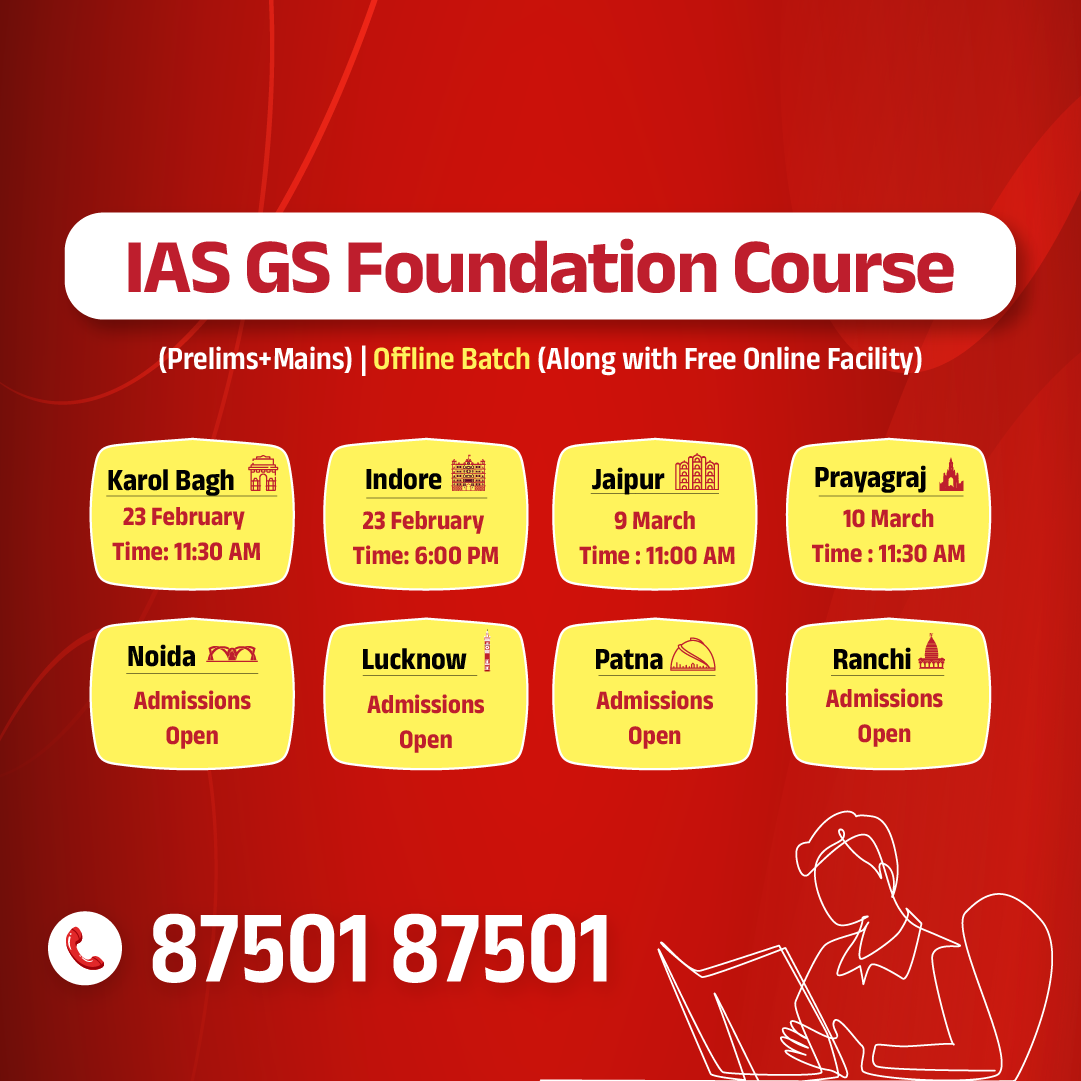
.jpg)




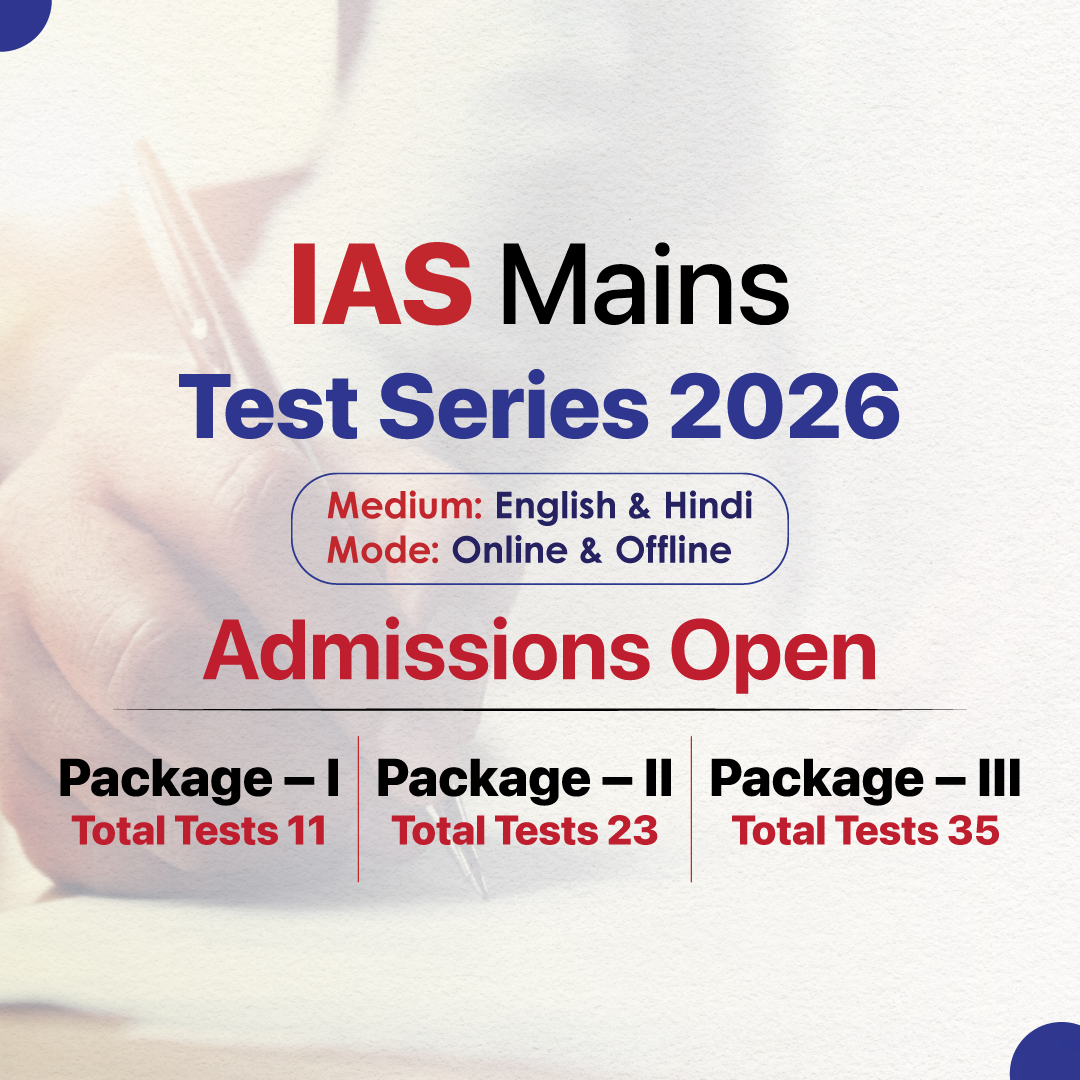

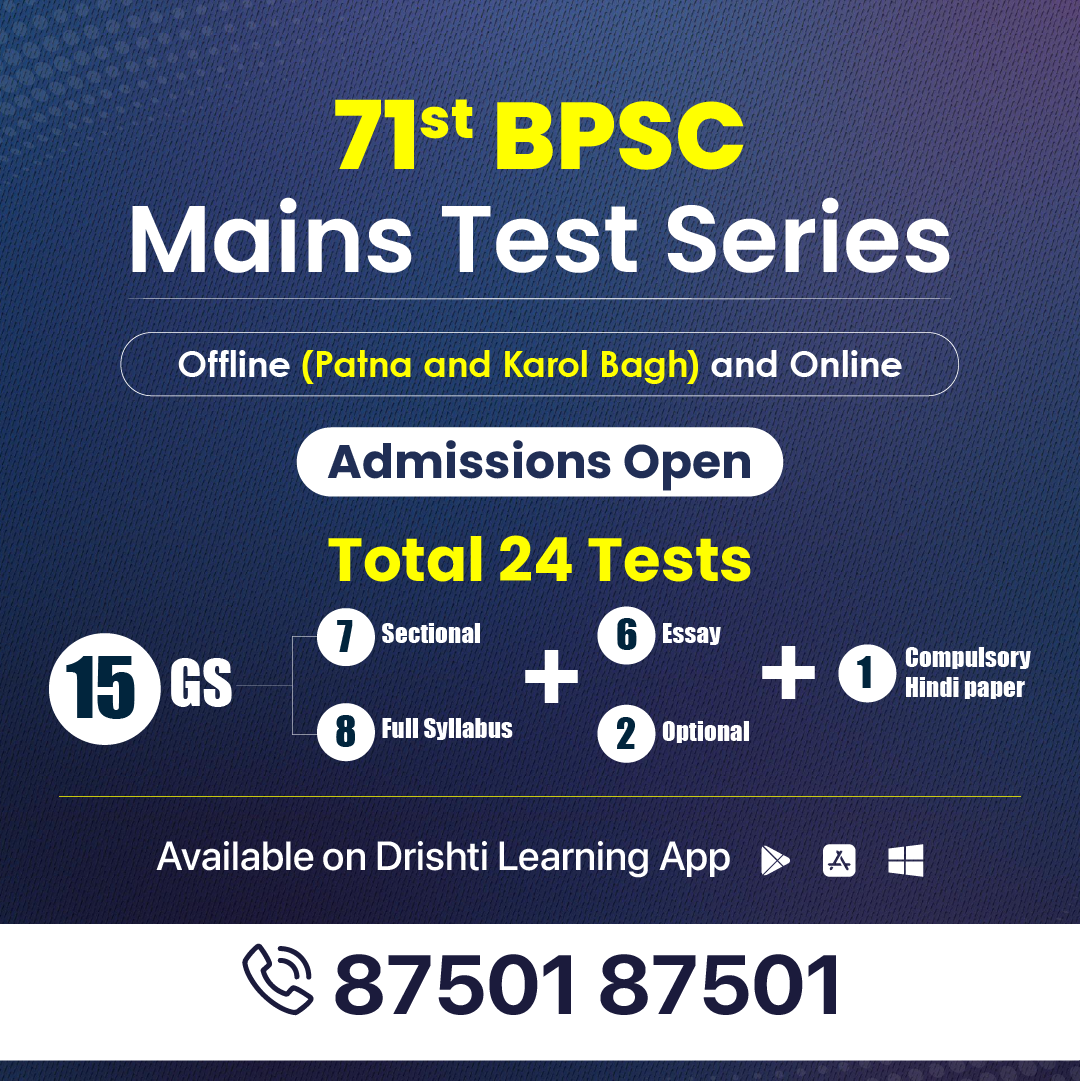
.png)
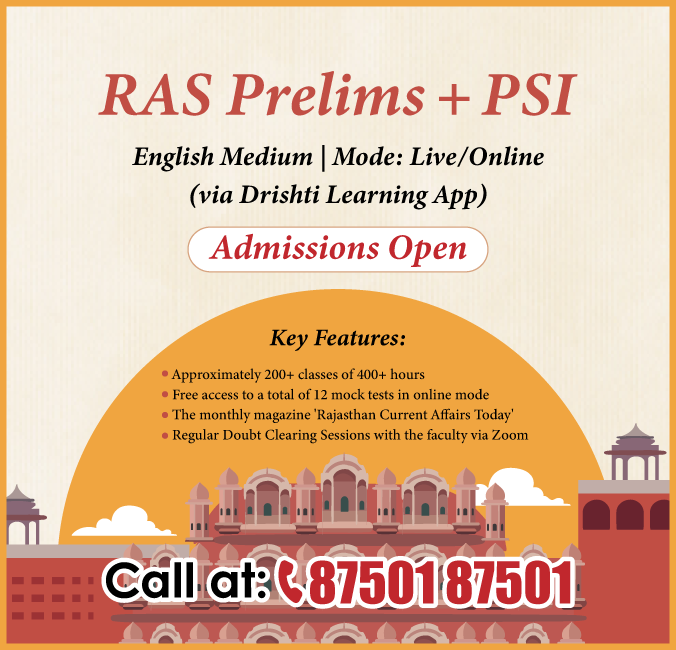

.jpg)

 PCS Parikshan
PCS Parikshan

